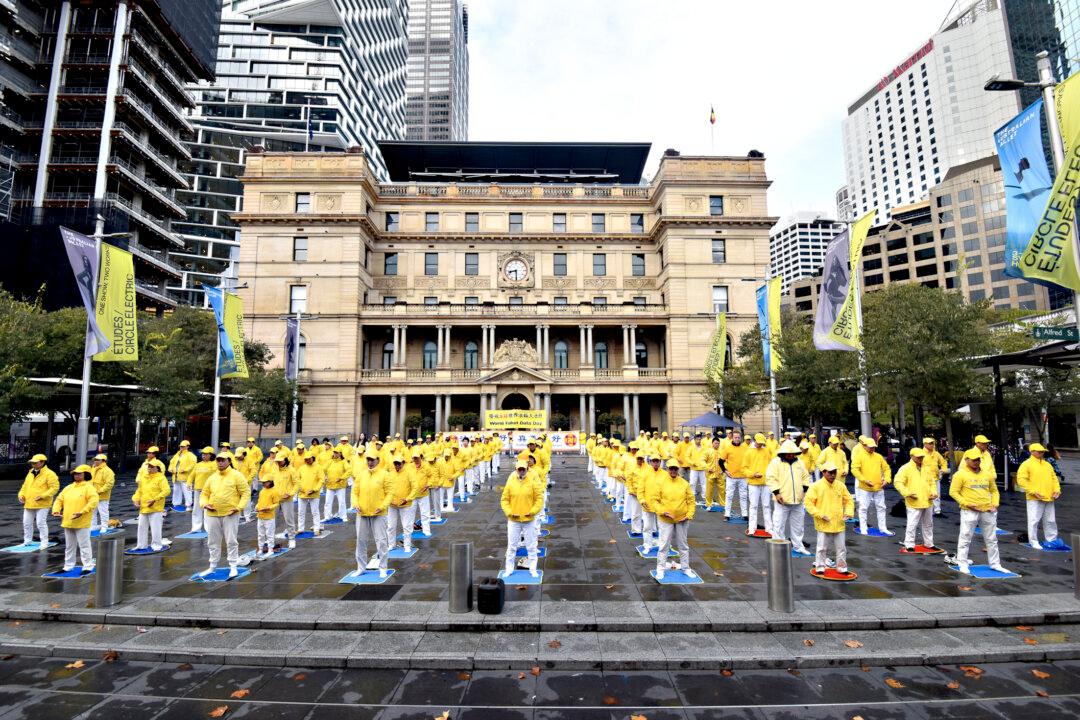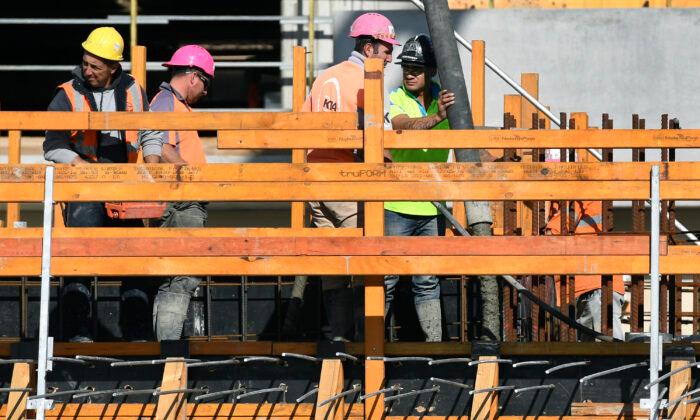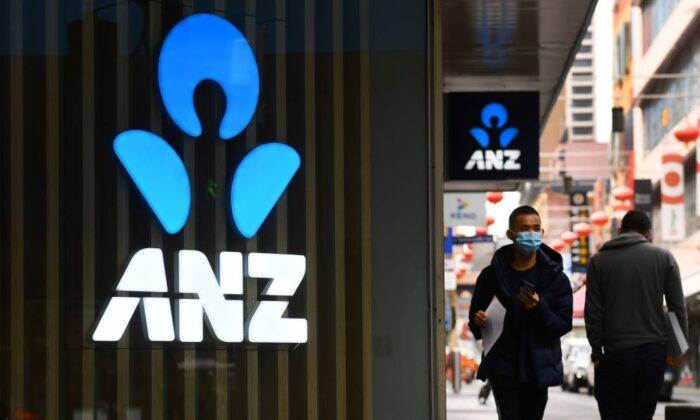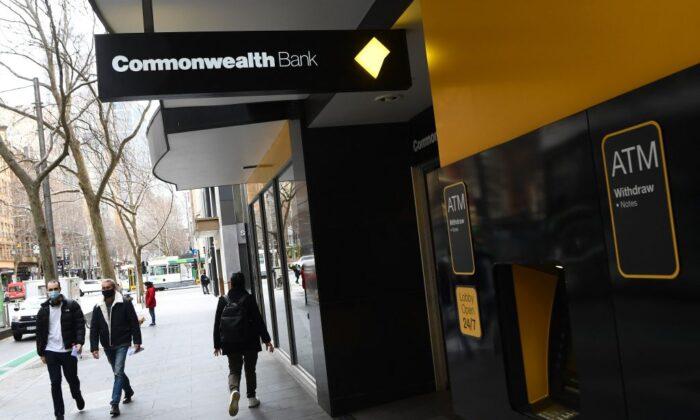The Australian Workers Union has reported the results of a YouGov survey that says it found the majority of Australians are not only willing to buy Australian made products but also keen to see the government boost its use of Australian made materials used in infrastructure projects.
The AWU reported on the results of a YouGov poll on June 5, saying it showed overwhelming support for its campaign to champion Australian made products.
According to the AWU, 88 percent of Australians surveyed agreed that local manufacturing should be making more essential products.
It also reported that over 80 percent said state and federal governments should be using more Australian products for infrastructure projects to back local jobs–even if the products cost more.
The AWU said nearly 70 percent of Australians were now more likely to buy Australian products than before.
AWU National Secretary Daniel Walton said the message was clear.
He wants Australia to “break the addiction to cheap Chinese imported product” calling it a “false economy” as “most of the costs savings are illusions anyway once you take quality and reliability into account.”
“Australians make high-quality products and we do so efficiently,” he added.
The AWU asserts that backing Australian made products will also mean more local job opportunities.
According to modelling produced by AWU economists, if 90 percent of the steel, aluminium, glass, cement, and other heavy manufacturing items used on major government projects was Australian, it would pump $3.5 billion into the economy and create 53,000 new jobs, while helping support 500,000 existing jobs.
Walton urged the governments to make efforts to back Australia made products, as this will “strengthen our sovereign capability, that is our capacity to stand on our own two feet and produce what we need domestically.”
Walton pointed out Beijing’s economic retaliation against Australia for calling for an inquiry into the origins of the CCP virus as a motivating factor to increase Australia’s sovereign capabilities.
“China has made it clear that it will not treat Australia favourably when it comes to trade and foreign policy—and that means we need to plan for contingencies with domestic production,” he said.
‘Australian Made’ Campaign Gaining Momentum
The AWU’s YouGov survey comes after the launch of its “Australian Made” campaign urging Australian to buy local to support Australian manufacturers and growers.The new campaign, which spans TV, radio, out-of-home, print, online, and social media, seeks to convince Australians to “buy local” as much as they can, be it for grocery shopping or for procuring products for major projects.
Lazzaro also explained that it is not about banning imports, but about getting “the balance right between local and offshore manufacturing to ensure Australia’s long-term prosperity.”
Federal minister for industry Karen Andrew expressed her support for the campaign, writing on Twitter: “One thing we can all do to help our post-COVID economic recovery is to buy Australian made - backing our manufacturers and creating local jobs.”
The poll, surveying consumers from Australia, Britain, and America, found that Australians are most concerned over China’s role in the spread of the pandemic, with 80 percent of respondents blaming China for the disaster and 68 percent of those saying they’re now less likely to buy Chinese products.
This pandemic has clearly demonstrated the dangers of Western economies being overly dependent on China,” said Rami Cassis, Founder and CEO of Parabellum Investments.
“This is already influencing international trade and prompting governments and enterprise to look for ways to guarantee supply of critical goods and services. We believe it will transform international supply chains and change today’s globalisation model relying on China as the world’s factory which will bring with it investment opportunities arising from reshoring and nearshoring.”





